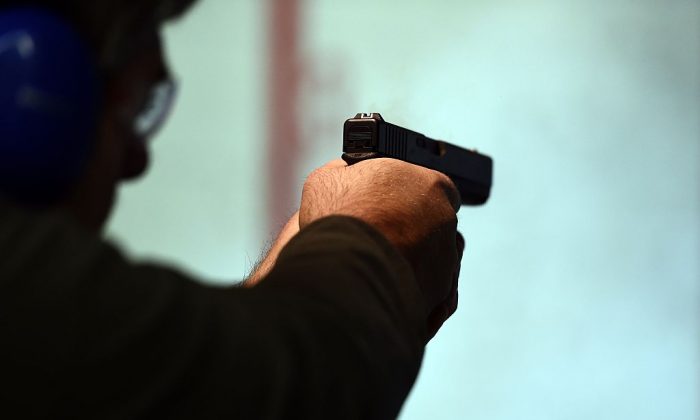By Cara Ding
Jessica Luckett got her first gun at the height of the COVID-19 pandemic and it opened her eyes to the various laws and policies governing legal firearms ownership.
She works remotely for a nonprofit and lives alone in a West Pullman townhouse on the southern tip of Chicago. She often visits family and friends in Englewood, a high-crime neighborhood on the South Side where she grew up.
For Illinois residents to own a gun, they must get a firearm owner’s identification card, which is a months-long process.
Then, to carry the gun outside the home for self-defense, a concealed carry license is needed, which Luckett acquired.
Yet, through friends at a women’s gun club, she learned that other states observe very different gun laws. Most don’t ask for a firearm owner’s identification card and some don’t even ask for a concealed carry license.
“Why do we have an amendment that says right to bear arms, yet all states are so different?” she asked. “The amendment is for the entire United States, it is not for one state or another.”
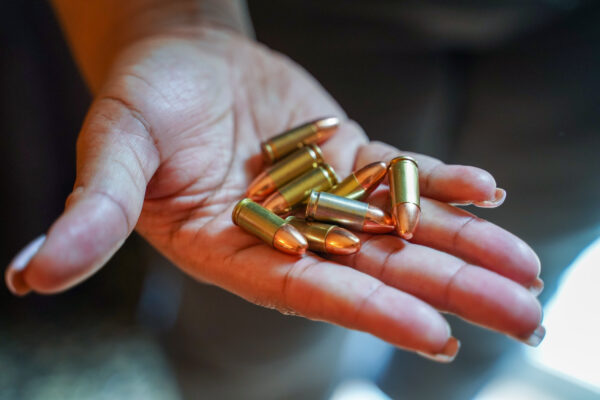
She also questions the push for various gun control measures at the federal, state, and local levels, often by lawmakers from her party, the Democrats.
“It is taking away our Second Amendment right to bear arms, and I believe we should be able to protect ourselves,” she said.
Like Luckett, many first-time black gun owners are on a similar discovery journey, looking more closely at the narratives and policies affecting their newly embraced Second Amendment rights, according to Philip Smith, president of the National African American Gun Association.
During the pandemic-era gun sales boom, 21 million sales-related background checks were conducted in 2020, according to an estimate by Firearm Industry and Trade Association.
African Americans and first-time gun buyers were the groups that registered the biggest jumps.
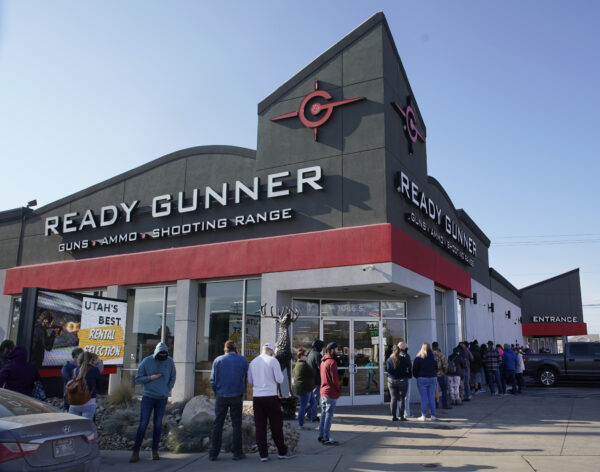
The wave of new gun ownership slowed in 2021 but still appeared to be stronger than pre-pandemic levels. The rising tide is felt at Smith’s organization, which adds about 800 new members every month, he said.
The total membership stands at around 45,000.
“Millions of black folks who never bought a gun now have a gun, and they start to question the narratives about guns they heard previously,” Smith said.
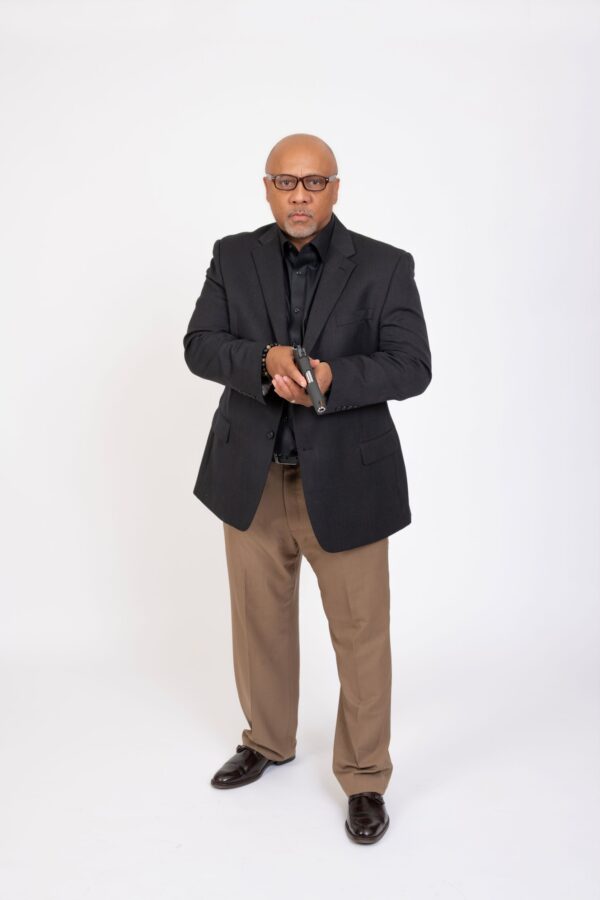
“When they go have a conversation with their local officials—even if they are voting Democratic—if that official says something negative about guns, they will say, ‘Hold on, hold on, I am a gun owner, too, and I am not a bad person. So, what do you mean by that?” he said.
His group has opened the door to black gun owners of all party affiliations, whether Democratic, Republican, Libertarian, or independent.
“What I care about is that you are a black person and that you want to get trained and protect yourself, your family, and your community. That’s all I care about,” he said.
Quite a few politicians sought his endorsements, but he flatly refused. The association stays away from politics and focuses only on policies affecting Second Amendment rights, Smith said.
One such example is red flag laws, which Smith opposes. He said, in theory, the proposal sounds great: taking guns out of the hands of dangerous people. But in practice it has the potential to cast a wide net and deprive law-abiding citizens of the right to bear arms, he said.
Historically, strict gun laws in major cities such as Chicago hindered black people from owning firearms for self-defense, according to David Hayes, vice president of the Chicago-based 761st Gun Club.
As a boy, Hayes spent years in Mississippi, where almost every household owned guns. At 18, he moved to Chicago’s South Side and was shocked to find that the only people who had guns were criminals or police officers.
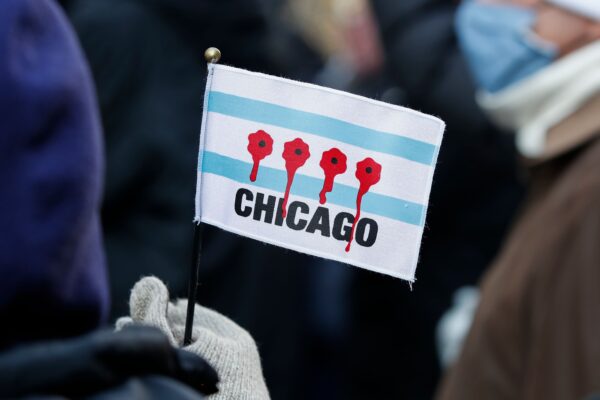
Later, he read to find out why. He found that the city had tightened gun control during the tumultuous 1960s under Mayor Richard Daley and went further during the crime wave in the 1980s under Mayor Jane Byrne, who steered through an ordinance to ban handguns, including the affordable .38 special revolver.
While the handgun ban was ruled unconstitutional by the U.S. Supreme Court and eliminated in 2010, its former existence had drilled into the minds of many inner-city blacks that it was illegal to own a gun, Hayes said.
That includes Hayes’ mother-in-law, who lived in Chicago and had long thought it was illegal to own a gun, a mindset she carried with her even after moving out of the city and passed that down to her daughter, Cierra Hayes.
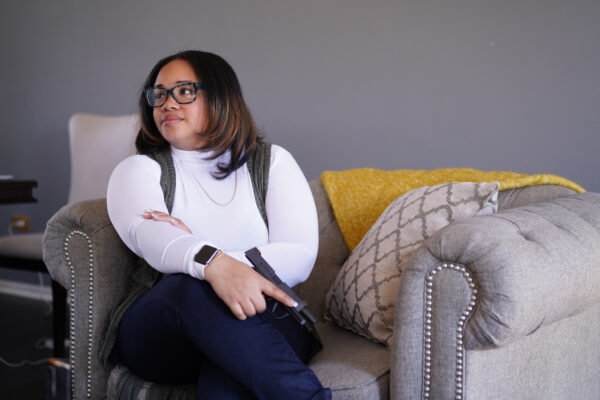
Growing up in a middle-class suburb, Cierra Hayes never wanted to have anything to do with a gun. Aside from her mother’s influence, she said she also was influenced by the constant association of guns with black criminals in the media and on television.
“Subconsciously, I long had this notion that a black person with a gun was a criminal, and a white person with a gun was a patriot,” Cierra said.
It took years of rational conversations between Ciera and David Hayes for her to break from that mentality, she said. In 2020, she bought her first gun.
Now, the Hayeses teach their three children about the Second Amendment and gun safety. Ciera Hayes also brought her family, including her mother, to a shooting event.
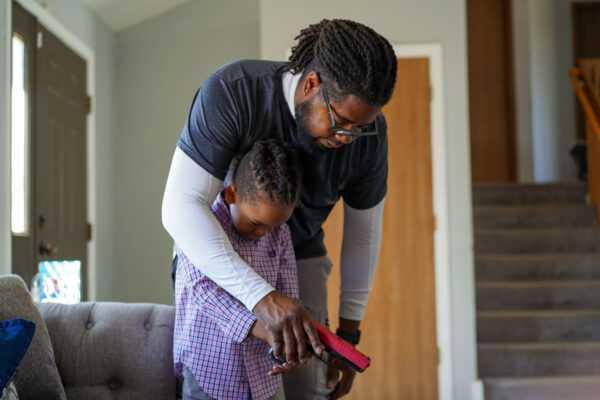
Hayes often travels from his suburban home to the South Side to host free community classes on gun safety and responsible gun ownership.
Read More From The PatriotAmerican
“Today, politicians in Chicago continue to use gang violence as a cloak to push for more and more gun control. A lot of times, black people don’t compare the laws to the actual crimes and they don’t see that most of the guns used in gang violence are illegally acquired,” Hayes said.
“These policies will not stop the gang violence, they only hurt the legal gun owners.”

